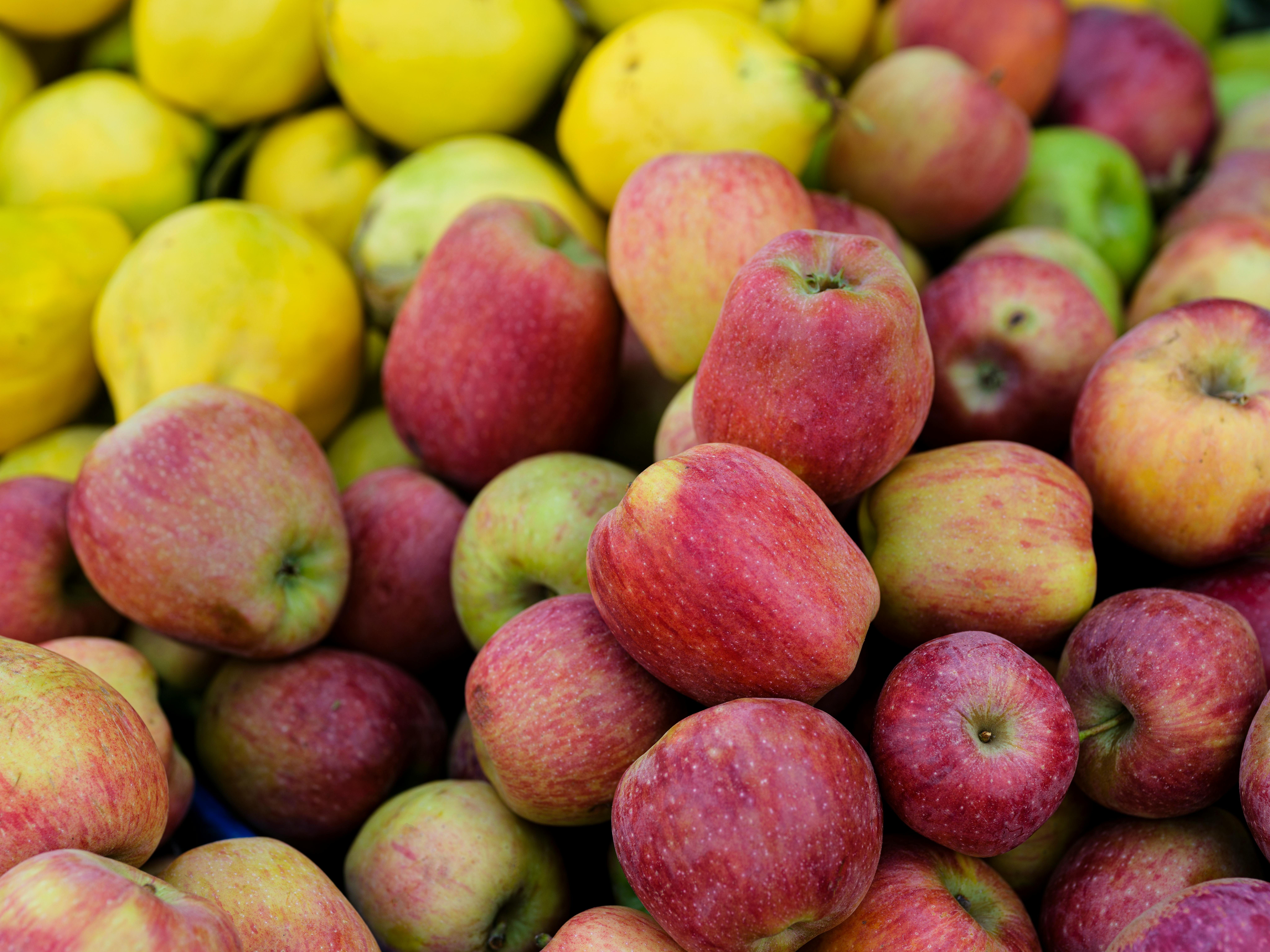Top 5 Effective Ways to Understand What Octopuses Eat in 2025

Apply Now


Top 5 Effective Ways to Understand What Octopuses Eat in 2025
Introduction to Octopus Diets
Octopuses are fascinating creatures, renowned for their intelligence and adaptability. Understanding what octopuses eat is vital for both aquarium care and ecological studies. In 2025, this understanding is more important than ever, as habitat changes and human impacts challenge the food sources available to these unique marine animals. The typical octopus diet includes a variety of marine life, from crustaceans to fish, providing insight into their role as predators within marine ecosystems. In this article, we'll explore the essential aspects of octopus feeding habits, focusing on their preferred food sources and hunting techniques. We will investigate notable dietary characteristics, unique foraging behaviors, and how these creatures maintain their nutritional needs in different environments. By understanding the octopus diet, we can better appreciate their ecological importance as both predators and prey in the complex marine food web.Common Food Sources for Octopus
Octopuses are carnivorous and primarily consume a diet rich in seafood, including crabs, shrimp, and fish. Their feeding preferences depend heavily on the availability of prey species within their habitat. For example, common octopus food sources like crabs and mollusks provide essential nutrients and energy. The typical octopus diet in the wild is highly varied, adapting to local conditions and prey availability to maximize foraging efficiency. Additionally, octopuses have been observed to eat a variety of marine creatures, including mollusks like clams and snails. As effective hunters, they employ various strategies to capture their prey, ensuring a balanced diet. Their unique anatomical features, such as flexible bodies and adept arms, allow them to reach into crevices and hunt efficiently for their food.Octopus Hunting Techniques
Understanding how octopuses hunt for food involves examining their sophisticated hunting techniques. These cephalopods are masters of camouflage, allowing them to blend into their environment and ambush unsuspecting prey. They often use stealth to approach their targets, striking at the right moment with their quick movements. Octopuses utilize several hunting strategies, including lurking and stalking, to secure their meals. They can also employ trapping tactics by covering a prey item or using surrounding objects for ambush. This adaptive behavior showcases their strength as hunters and demonstrates their need for a varied diet, which impacts their nutritional health and survival.The Role of Octopus in Marine Ecosystems
Octopuses play a crucial role in marine ecosystems as both predators and prey. Their feeding habits influence the population dynamics of their prey species, effectively regulating marine ecosystems. As natural predators, octopuses help maintain a balance in populations of crustaceans and fish, preventing overpopulation and contributing to overall ocean health. Moreover, octopuses themselves become prey for larger marine animals, further embedding them in the intricate food webs of the ocean. Understanding octopus feeding ecology fosters insights into their interactions with other marine species and the implications of environmental changes on their diet.Octopus Feeding Ecology in Captivity
In aquarium settings, understanding what to feed an octopus is vital for its health and well-being. Typical diets include a mixture of live food such as shrimp and crabs, along with commercially prepared octopus meals. Monitoring their food preferences can help aquarists provide a varied diet that mimics their natural feeding habits while promoting healthy growth. Feeding habits of marine cephalopods often showcase their intelligence and exploration behaviors, as they may engage in interactive feeding sessions or puzzle-solving to access food. Aquariums must replicate these experiences to ensure proper octopus nutrition, offering a mix of different types of octopus food to create an enriching environment.Octopus Dietary Needs and Nutritional Studies
Research into octopus dietary needs emphasizes the importance of a balanced diet to promote health and longevity. Nutrient requirements for octopuses include proteins, vitamins, and essential fatty acids, which help support their fast metabolism and support everyday functions. Recent studies have highlighted the complexity of octopus diets and their adaptation to varying food availability in different habitats. Understanding their dietary preferences provides critical insight into their feeding habits and informs conservation efforts to ensure their survival amidst changing ocean conditions.Conclusion
In conclusion, gaining insights into what octopuses eat remains essential for marine biology, conservation, and aquarium management. By examining general feeding habits and hunting techniques, we enhance our understanding of these remarkable creatures and their role within the marine ecosystem. To properly care for these intelligent animals, it is vital to replicate their natural feeding behaviors and ensure diverse food sources are provided consistently.
Q&A Section: Understanding Octopus Diet
What are the primary constraints affecting octopus diets?
Octopus diets are largely dictated by prey availability, habitat conditions, and the metabolic demands of the species. Changes in ocean temperature, water quality, and human activity can impact their food sources.How does octopus consumption change in different habitats?
Octopuses adapt their feeding strategies based on their environment. For instance, those in rocky areas may hunt differently compared to those in sandy seafloors, showcasing their adaptability in foraging.Do octopuses have specific feeding preferences?
Yes, octopuses show preferences for certain prey items based on size, availability, and nutritional value. Studies indicate varied consumption patterns depending on the species and locality.